Ensuring Adequate Physical Facilities and Financial Resources for the Development of Education and Training in Vietnam
Ensuring Adequate Physical Facilities and Financial Resources for the Development of Education and Training in Vietnam
On August 12, 2024, the Central Executive Committee issued Conclusion 91-KL/TW 2024 of the Politburo on continuing the implementation of Resolution 29-NQ/TW 2013 of the 11th Central Executive Committee of the Communist Party on fundamental and comprehensive renovation of education and training, meeting the requirements of industrialization and modernization in a socialist-oriented market economy and international integration (hereinafter referred to as Resolution 29-NQ/TW 2013).
In Section 7 of Conclusion 91-KL/TW 2024, the Politburo concluded on the necessity to focus on implementing tasks including ensuring adequate physical infrastructure and financial resources for the development of education and training as follows:
Continue innovating management mechanisms, ensuring adequate physical infrastructure and financial resources for the development of education and training; ensuring that the state budget expenditure on education and training is at least 20% of the total state budget expenditure as set out by Resolution 29-NQ/TW 2013.
At the same time, promptly adjust to increase state budget expenditure on education and training in line with the growth of the economy.
The state ensures funding for compulsory education, universal education, exemption from tuition fees for 5-year-old preschool children, and implements key tasks in the field of education; prioritizes investment in education and training in areas inhabited by ethnic minorities, mountainous regions, border areas, and islands.
Implement the program of solidifying schools, eliminating temporary classrooms, building national standard schools, and ensuring adequate physical infrastructure and minimum teaching equipment, especially in rural areas, ethnic minority areas, mountainous regions, border areas, and islands, aiming to achieve 100% solidification of classrooms by 2030; develop and submit for approval a public investment program to modernize higher education and vocational education in line with the mapping of higher education institutions, educational institutions, and vocational education institutions for the period 2021 - 2030, with a vision to 2050 to create a breakthrough in the development of high-quality human resources.
Complete the investment mechanisms and policies for education and training with the state playing a leading role, while promoting the socialization of education, mobilizing the effective participation of the entire society in education and training endeavors; research resource allocation mechanisms, transitioning from average grant support to mechanisms where the state orders, assigns tasks, or tenders the provision of educational services based on output results.
Improve the investment environment in education and training, ensuring fair and transparent competition; apply strong policies to promote and encourage the development of non-public education, particularly preferential policies on land, taxes, and credit to mobilize investment resources for education and training; focus on addressing financial autonomy issues in public educational and training institutions.
Perfect policies to support learners from the state budget through scholarships or tuition fee exemptions for fields and majors that the state needs to prioritize in development at various training levels, expanding the target audience and increasing the incentive level for credit loans.
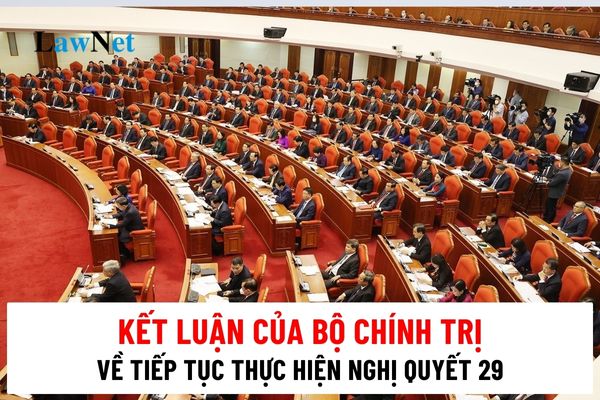
Ensuring Adequate Physical Facilities and Financial Resources for the Development of Education and Training in Vietnam (Image from Internet)
What are results of education and training in Vietnam after 10 years of implementing Resolution 29?
According to Conclusion 91-KL/TW 2024, after 10 years of implementing Resolution 29-NQ/TW 2013, the education and training sector of Vietnam has achieved many significant results.
The country has achieved universal preschool education for 5-year-old children; firmly maintained and gradually improved the quality of universal primary and junior secondary education; general education has shifted positively from mainly equipping knowledge to the comprehensive development of students' qualities and capabilities; the quality of general education, both mainstream and specialized, has progressively improved.
Lifelong learning education has developed diversely in content and form; learning encouragement movements, talent encouragement, and the building of a learning society have been actively implemented.
Vocational education has developed strongly in terms of quantity and has focused on improving quality, gradually better meeting the needs of the labor market.
Higher education continues its innovation, with increased autonomy fostering new momentum and strong improvement in the quality and efficiency of human resource training and scientific research; the number of accredited training programs and international scientific publications has significantly increased, with some higher education institutions and training fields ranked high in the region and the world.
Teaching and learning methods, as well as examination, testing, and evaluation of educational quality, have been innovated towards modernity, becoming increasingly substantive and effective.
The team of educators and educational management staff has been basically standardized, gradually ensuring quantity.
Physical infrastructure and teaching equipment have been improved, initially meeting the requirements of educational innovation.
What are the 09 tasks and solutions for educational innovation according to Resolution 29-NQ/TW 2013 in Vietnam?
Based on Section 3 of Resolution 29-NQ/TW 2013, the 09 tasks and solutions for educational innovation include:
-
Enhancing the leadership of the Vietnam Communist Party, the management of the State over educational and training innovation.
-
Continuing vigorous and synchronous renovation of basic elements of education and training towards emphasizing the development of students' qualities and capabilities.
-
Fundamentally renewing forms and methods of testing and evaluating educational and training results, ensuring honesty and objectivity.
-
Completing the national education system towards an open education system, lifelong learning, and building a learning society.
-
Fundamentally renewing the management of education and training, ensuring democracy, unity; increasing autonomy and social responsibility of educational institutions; focusing on quality management.
-
Developing the team of educators and managers, meeting the requirements of educational and training innovation.
-
Innovating financial policies and mechanisms, mobilizing contributions from the entire society; improving investment efficiency to develop education and training.
-
Increasing the quality and efficiency of research and application of science and technology, especially educational science and management science.
-
Actively integrating and improving the effectiveness of international cooperation in education and training.
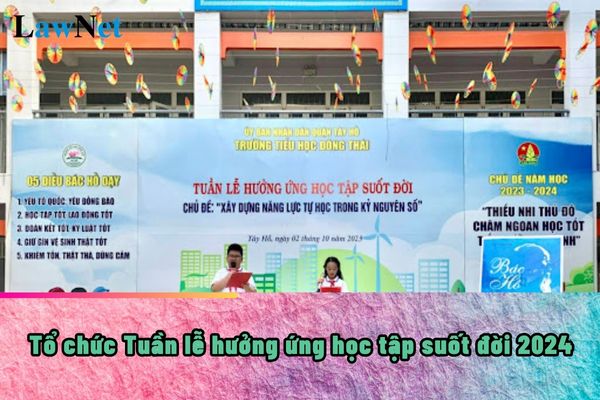
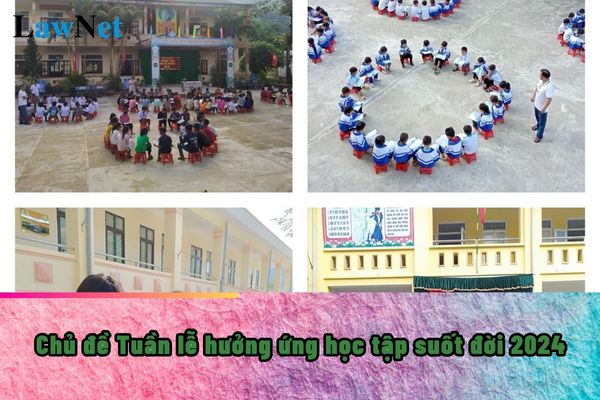

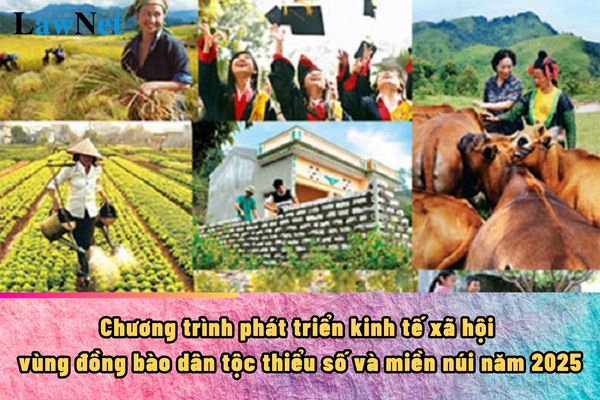
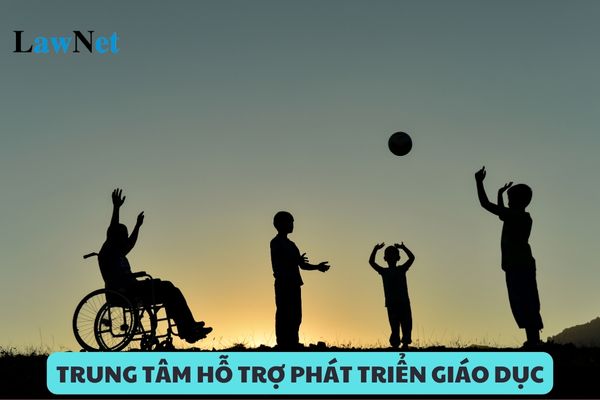

- Summary of the lesson "Tôi đi học" in the educational curriculum in Vietnam
- What is the formula for calculating the area of an isosceles triangle in Vietnam?
- What is the subject of Scientific Socialism in Vietnam?
- What subjects do first-year students in Vietnam study? Are there any regulations on this matter?
- What is digital transformation in education in Vietnam?
- What are requirements for students studying Physics in Vietnam?
- What is smart digital education in Vietnam?
- What is the traditional song of the Vietnamese Student Association?
- What is the formula for calculating the circumference of a circle?
- Are lower secondary school students with weak academic performance in Vietnam eligible for promotion to the next grade?

